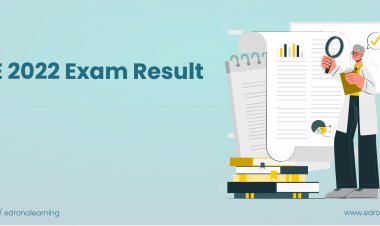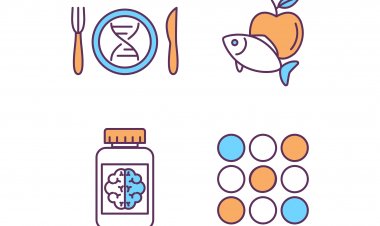The Doctor As A Poet – Role Of Reflections In Medical Practice
Dr. Aneesh Basheer (MD, FAIMER) Professor of Medicine, contemplates the significance of healthcare professionals reflecting & learning from their medical experiences.

Medicine as we know today is firmly grounded on scientific knowledge gained through centuries of experiments and observations. Many concepts of diseases, diagnosis and treatment have undergone radical changes thanks to good quality research in the form of randomized controlled trials and large observational studies. However, practice of medicine is an art as well. It needs the judicious application of one’s clinical expertise gained through years of rigorous apprenticeship under experienced doctors on a background of sound scientific knowledge that keeps evolving continuously. A third, perhaps overlooked component is the values and preferences of the patient.
As much as the art of clinical medicine is complicated, the need for reflection on a regular basis to refine and learn from experiences is important – as with any other art. A good doctor reflects – at every possible occasion. While we all reflect unknowingly, deliberate reflections form part of the experiential learning process. In the well-known model proposed by Kolb, a concrete experience is generally followed by reflective observation during which one thinks and assimilates the different aspects of the experience. These reflections help in abstract conceptualization which confers the ability to recreate the experience in the mind with its merits and demerits which in turn paves way for active experimentation (to improve or rectify) when the person encounters a similar experience next time.
Penning down thoughts randomly is the most rudimentary form of reflections. Using a template to document reflections systematically is better in terms of learning. However, at times instantaneous free flowing emotions can be a powerful way to document an experience. Poetry and verse can be used for such reflections as shown by several successful doctors who are also authors of bestsellers.
An example of poetic response to a traumatic experience is what follows. This short poem was penned when my wife, a surgeon, narrated her traumatic experience of witnessing the death of a 9-year-old boy in the emergency room following a severe throat infection causing obstruction. Her team could not salvage him despite a tracheostomy.
“Tears rolling down my cheeks,
Reminiscent of cerebrospinal leaks
Do they really mean something?
Why should you cry over a dumb thing?
Amidst turmoil, hours of incessant toil
Against a formidable foe I pledged to disembroil;
Alas! The infantry of plague army a million strong
Planted its flag on the sick boy once headstrong.
Wasn’t it last night that he yelled?
While forcefully slipping in that conduit I held.
Like perilous tinnitus did his tantrums then feel;
Yet why do I yearn now for his squeal?
Many men have I seen off at the pier
Where sheen from their blue eyes disappear;
When the torch light fails to make the pupils dance
Has my heart sunk thus, perchance?
Have I failed him my Lord?
Defaced him, disfigured him and gored
Howbeit with best of intentions
To save him by my interventions.
Right or wrong? Can one unerringly decide
Between watching intently beside
And sticking the knife astute
When the enemy for sure is a brute?
Are my tears the apathetic ooze
Of transient guilty inflammatory bruises?
Or the empathetic downpour that could rinse
The profound bereavement of a naughty prince.”
While it may be difficult for the uninclined to translate thoughts into poems or verses, random musings documented, even briefly, could be later used to build up reflections that drive learning and behavior changes. Moreover, such documented forms of reflections may be used effectively to teach young doctors, attitudes and soft skills that are difficult to train using traditional methods. In fact, the author has used the above poem to sensitize medical students to the role of reflections in developing empathy during a session on Attitudes, Ethics and Communication.
As healthcare professionals it is therefore imperative to reflect regularly and deliberately. Random and instantaneous reflections could be a powerful source of learning if documented. Using arts to express such reflections may be a potential teaching tool as well. Let us feel what we see, think (reflect) about what we felt, learn from thoughts (reflections) and perform better using the learning!
Dr. Aneesh Basheer (MD, FAIMER) is the Professor of Medicine & Coordinator – Medical Education at DM Wayanad Institute of Medical Sciences.


 Admin
Admin 

























